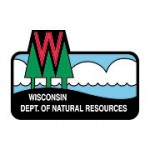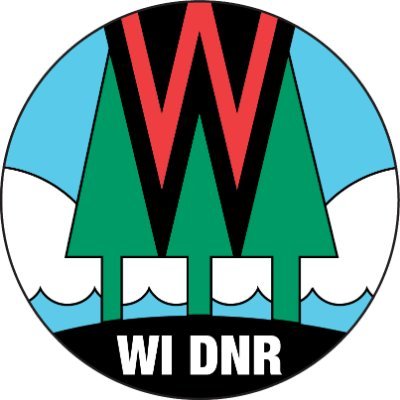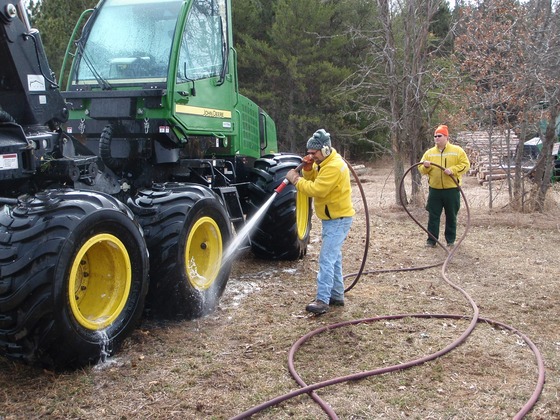New Toolkit Available To Help Local Leaders Address PFAS Contamination In Drinking Water
MADISON, Wis. – The Wisconsin Department of Natural Resources (DNR), Wisconsin Department of Health Services (DHS) and Wisconsin Emergency Management (WEM) today announced a new tool to assist community leaders and elected officials in understanding their options for addressing per- and polyfluoroalkyl substances (PFAS) contamination in drinking water.
Wisconsin’s Community Response to PFAS in Drinking Water provides background information about PFAS in public and private drinking water, options to consider when PFAS are found and how to contact state agencies to request assistance. The DNR worked with PFAS-impacted communities to get input on this document to ensure it is helpful for other local leaders. This resource is part of an ongoing effort to put tools and information into the hands of communities so they are informed, prepared and empowered to act if PFAS are detected.
When PFAS contamination is found in drinking water, local communities and private well owners determine what actions to take based on their unique needs and circumstances. State agencies including the DNR, DHS and WEM are prepared to assist local communities as they explore their options.
Communities currently have access to federal funding through the Bipartisan Infrastructure Law (BIL) for projects such as creating new public drinking water systems or helping existing systems upgrade wells or treatment technology. Additionally, Gov. Evers’ 2023-2025 biennial budget proposal includes over $100 million for communities to address PFAS contamination.
Private well owners are not required to sample for contaminants such as PFAS, but funding is currently available to assist if a well owner chooses to sample and PFAS are detected. The Well Compensation Grant Program may assist with replacing, reconstructing or treating contaminated private water supplies.
PFAS are a group of human-made chemicals used for decades in numerous products, including non-stick cookware, fast food wrappers, stain-resistant sprays and certain types of firefighting foam. These contaminants have made their way into the environment in a variety of ways, including spills of PFAS-containing materials, discharges of PFAS-containing wastewater to treatment plants, and use of certain types of firefighting foams.
Visit the Wisconsin DNR website to learn more about measures undertaken to mitigate PFAS contamination in Wisconsin, including creating and implementing the PFAS Action Plan.
NOTE: This press release was submitted to Urban Milwaukee and was not written by an Urban Milwaukee writer. While it is believed to be reliable, Urban Milwaukee does not guarantee its accuracy or completeness.
More about the PFAS Problem
- PFAS Levels in Great Lakes Fish Are Dropping - Danielle Kaeding - Feb 6th, 2026
- Gov. Evers and GOP Lawmakers Near a Deal on PFAS Pollution - Danielle Kaeding - Jan 22nd, 2026
- Gov. Evers Optimistic About Reaching Final Deal With Republican Lawmakers to Secure Release of $125 Million in Long-Awaited Pfas Investments - Gov. Tony Evers - Jan 21st, 2026
- Bipartisan Push to Tell Counties Faster When Water Tests Fail - Henry Redman - Dec 19th, 2025
- MKE County: County Seeks to Sue PFAS Producers, Oil Companies - Graham Kilmer - Dec 10th, 2025
- Wisconsin Reviewing EPA-Approved Pesticides For PFAS - Danielle Kaeding - Dec 9th, 2025
- State Nears Settlement with Johnson Controls/Tyco Over PFAS Spills - Danielle Kaeding - Dec 4th, 2025
- Senate Bill Promotes Soybean-Based Firefighting Foam to Replace PFAS - Danielle Kaeding - Dec 2nd, 2025
- Test Results Show High PFAS Levels in Wisconsin’s Landfill Runoff - Danielle Kaeding - Dec 2nd, 2025
- Wisconsin Communities Get $282 Million for Drinking Water Projects - Danielle Kaeding - Nov 19th, 2025
Read more about PFAS Problem here























